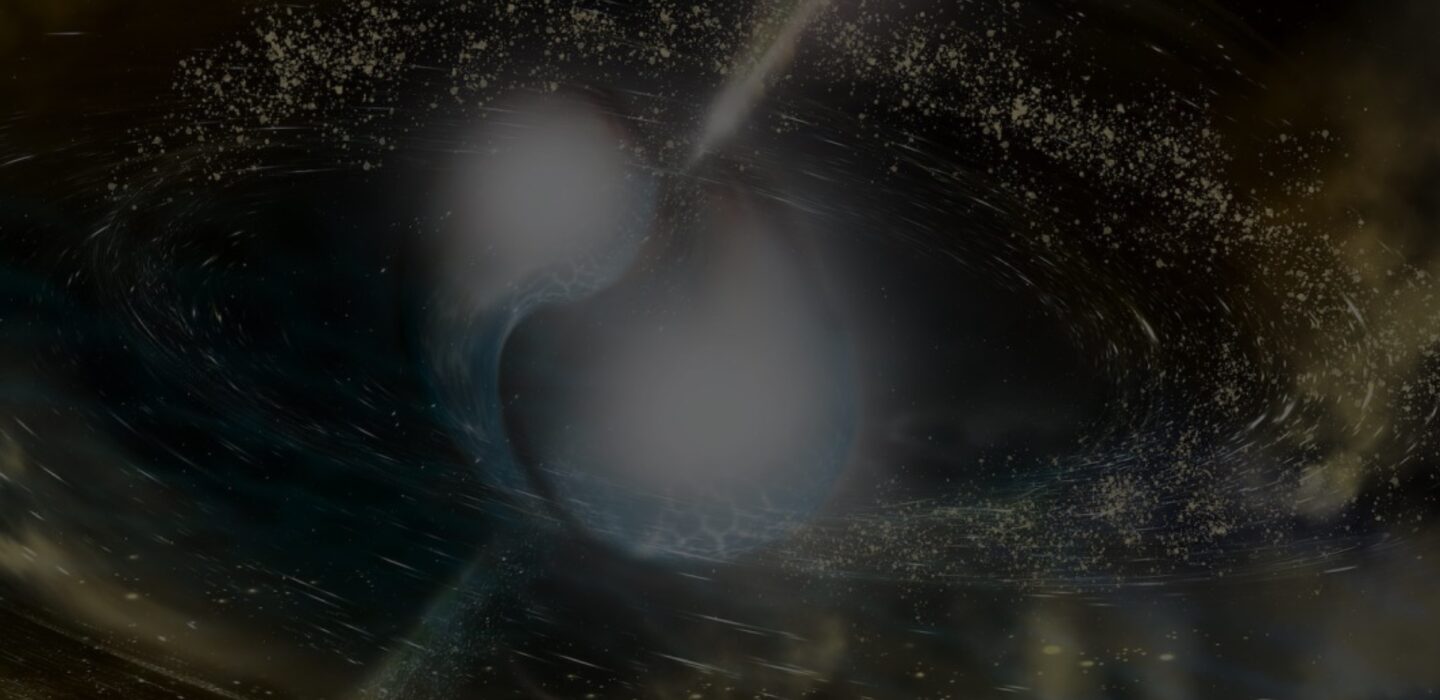Michael Maseda

Tuesday, March 14 2023
4:00pm
Only via Zoom
Already in the first 8 months of science operations, JWST has begun to routinely detect and characterize the physical properties of galaxies with greater fidelity and at greater distances than were ever possible before. For example, in the JWST Advanced Deep Extragalactic Survey (JADES) we have not only identified numerous z > 10 galaxies, but we have obtained spectroscopic confirmations that paint a far more detailed picture than is possible from photometry alone. I will highlight some of the key early science results from JADES as well as a number of public observing programs, such as constraints on the production and escape of ionizing photons from galaxies in the Epoch of Reionization and the evolution in scaling relations such as galaxy stellar mass versus metallicity across cosmic time. I will furthermore discuss how these results may inform future work with JWST in Cycle 2 and beyond. Additionally, I will present some of the technical challenges that these new and unique data present, particularly in the context of NIRSpec multi-object spectroscopy. In sum, the prospects for future studies of galaxy evolution with JWST are extremely bright.